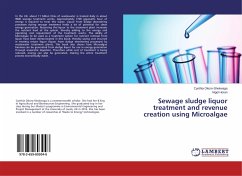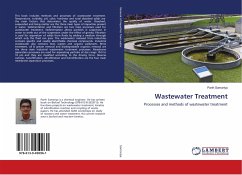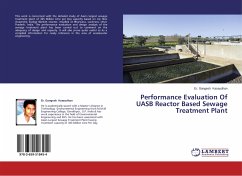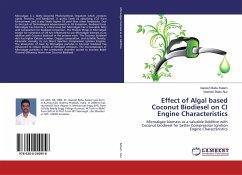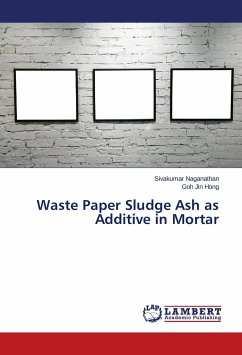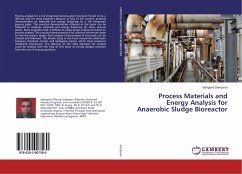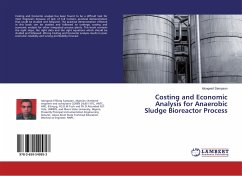In the UK, about 11 billion litres of wastewater is treated daily in about 9000 sewage treatment works. Approximately 7700 gigawatts hour of energy is required to treat this waste. Liquor from sludge dewatering processes during sewage treatment holds a lot of potential for clean energy generation. Returning this liquor to the treatment plant increases the nutrient load of the system, thereby adding to the energy and operating cost requirement of the treatment works. The ability of Microalgae to be used as a treatment option for nutrient removal from liquor have been demonstrated in this book; thereby saving cost incurred in treating return liquor (liquor from sludge dewatering processes) by wastewater treatment plants. This book also shows how Microalgae biomass can be generated from sludge liquor for use in energy generation through anaerobic digestion. Therefore while cost of treatment is being reduced, energy can also be generated, making the entire treatment process economically viable.
Bitte wählen Sie Ihr Anliegen aus.
Rechnungen
Retourenschein anfordern
Bestellstatus
Storno

